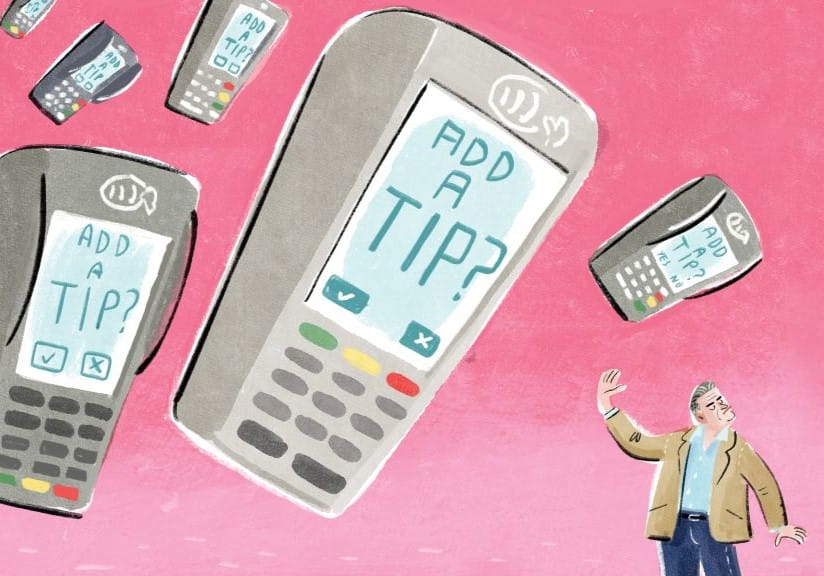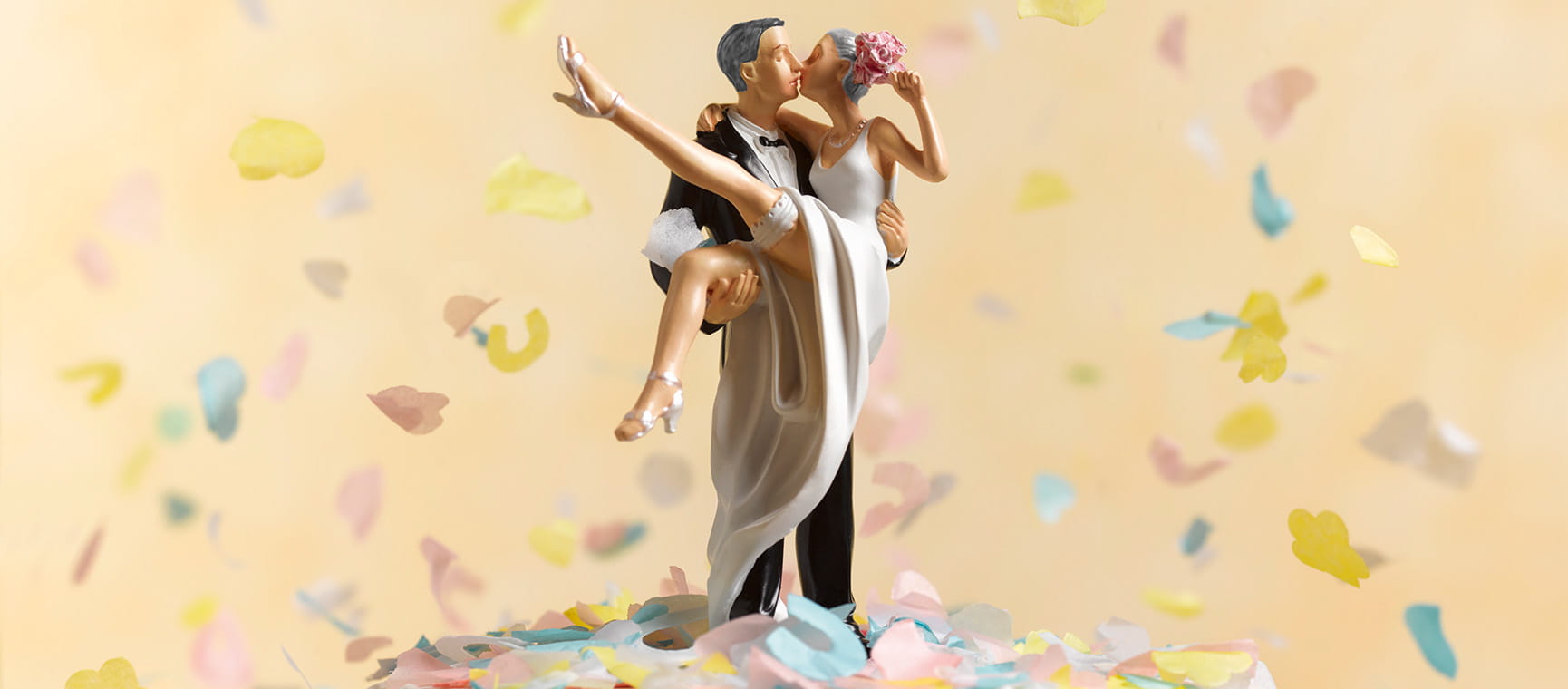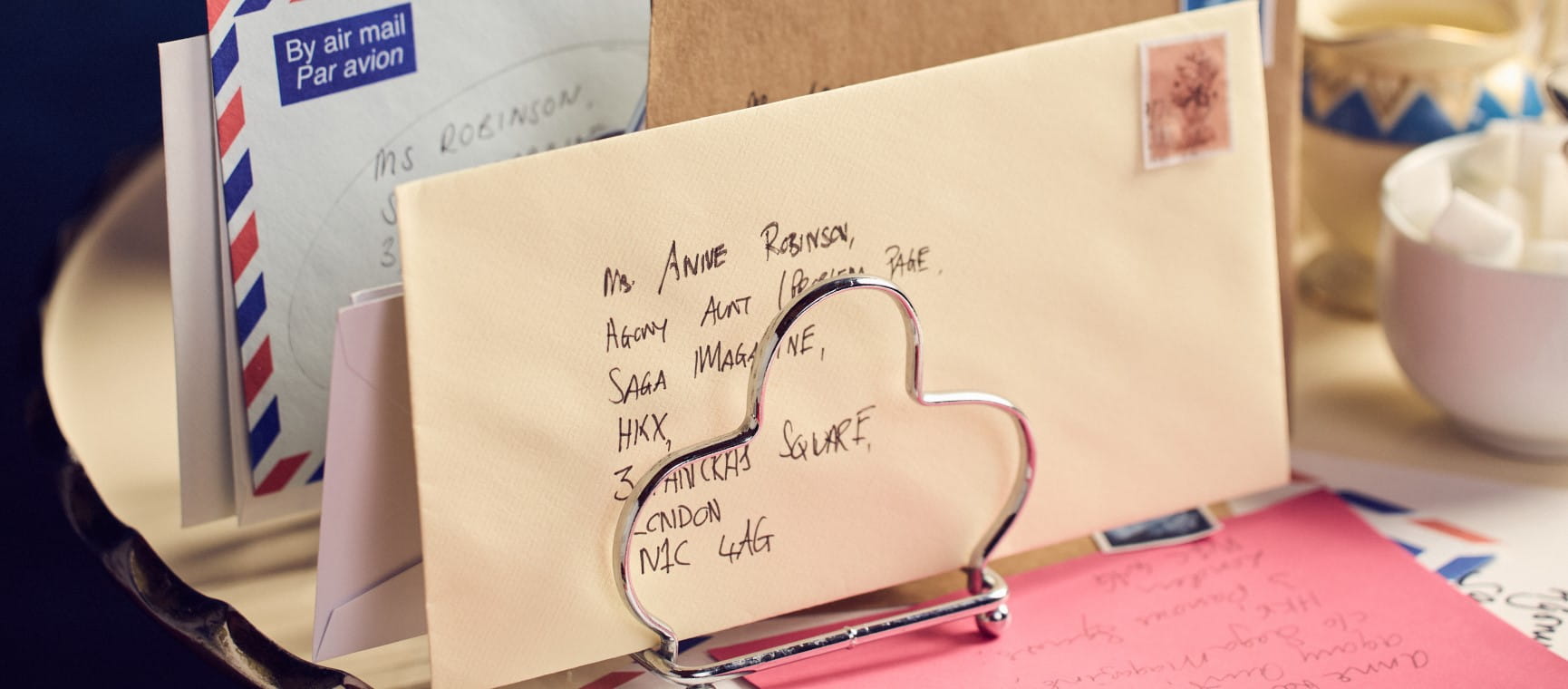Susie Dent on words for animals
From “letting the cat out of the bag” to being “in the doghouse”, many of our most used phrases derive from animals.
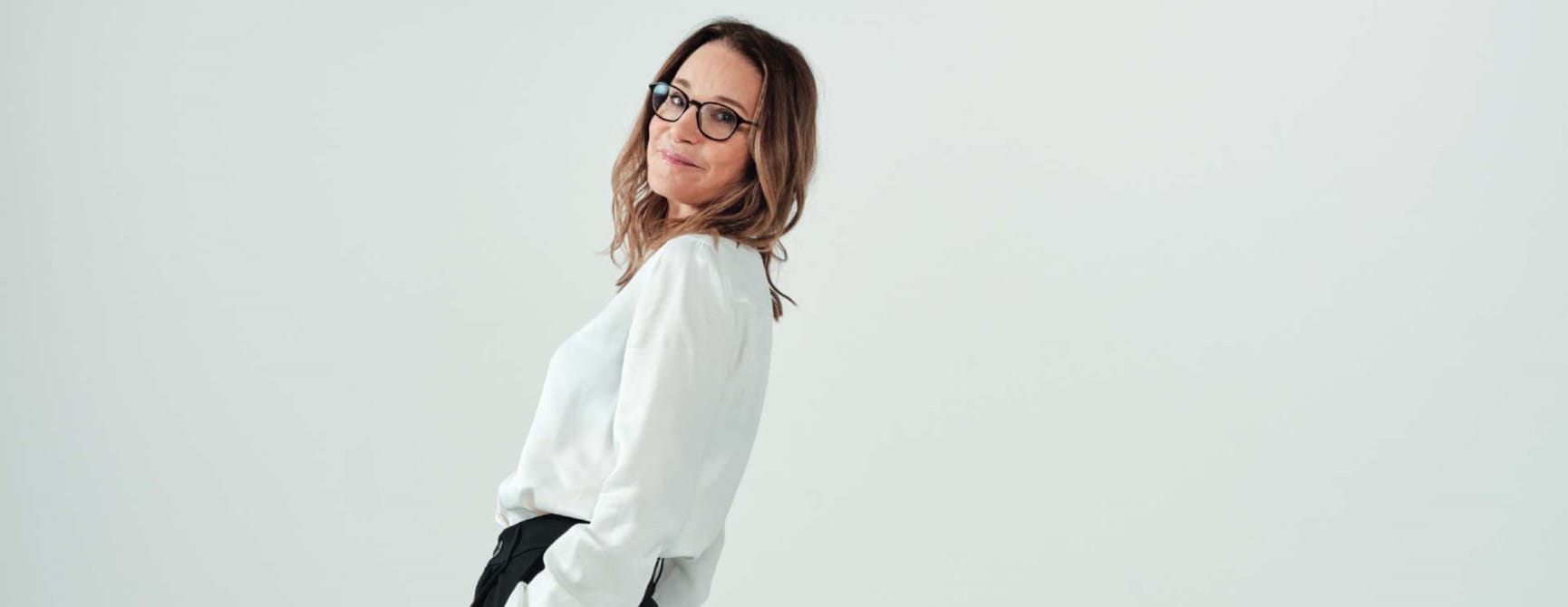
From “letting the cat out of the bag” to being “in the doghouse”, many of our most used phrases derive from animals.

Not for the first time, my cat Bo – a rescue from Battersea Dogs and Cats Home who swept into our lives some eight years ago – is sitting bang in front of my computer, watching the cursor track across my screen as though it’s the tail of a frisky mouse. It means that I can’t see a thing I’m typing, but I will never begrudge her this entertainment.
It’s the perfect excuse for taking a breather, after all. It also allows my mind to wander across the dozens of expressions in our language that were inspired by the behaviour of animals.
Often the reputation we attach to some of our most wonderful creatures is deeply unfair. Pigs, for example, are pretty clean in their natural state, yet we still insist that a messy room “looks like a pigsty”, or that a superficial improvement is like “putting lipstick on a pig”.
Mules, apparently, are far less stubborn than donkeys, and thankfully few spiders in our country are venomous despite their once being known as attercops, “poison-heads”, a name that eventually gave us the “cob” in 'cobweb'.
Cats and dogs, of course, crop up everywhere in English. Dogs always seem to come off worse. Something that is rapidly deteriorating is going “to the dogs”, a “dog’s dinner” is a total mess, and to be “in the doghouse” is to be in a whole load of trouble (an expression that endures thanks to JM Barrie, creator of Peter Pan, in whose story Mr Darling exiles himself to the family dog’s kennel).
Worst of all, to have a “hangdog expression” looks back to the Middle Ages when, unthinkably, animals would be condemned in court to execution for alleged crimes against humans or property.
Cats have a better time of it. Venerated for centuries, superstition has also given them magical powers – they are, after all, the traditional attendants to a witch. Perhaps this explains their lofty demeanour. The author Terry Pratchett put it best when he wrote: “In ancient times cats were worshipped as gods; they have not forgotten this”.
Something excellent might therefore be described as “the cat’s whiskers” or “the cat’s pyjamas”. You can be a fat cat, a cool cat, a pussycat and even, famously, a cat lady, a state that (despite the efforts of JD Vance) has become a hepcat thing to be.
Mind you, it’s not all fun and games. No one wants to be “catty”, least of all “have kittens”, which some believe to hark back to a time when witches could place a spell on a pregnant woman by turning her unborn baby into kittens that would scratch at the womb.
When we “let the cat out of the bag”, we are recalling medieval markets, where kittens were considered less valuable than piglets and might be palmed off in a sack by unscrupulous merchants. Once home, the customer would open the bag and discover the dupe.
But my favourite animal expressions involve beliefs that now lie hidden, part of the secret lives of our vocabulary. I have waxed lyrical to you before about “licking something into shape”, born of the myth that bear cubs were shapeless until they were licked into bear-shape by their mothers. And about the swan song, inspired by the legend that swans, mute all their lives, would burst into mournful song just before their death.
I could write pages more, for the relationship between animals and humans is enshrined in our language in a myriad ways. But that will have to wait. Bo’s furiously swishing tail tells me she has other ideas.
Countdown Lexicographer, Saga Magazine columnist and author.
View author page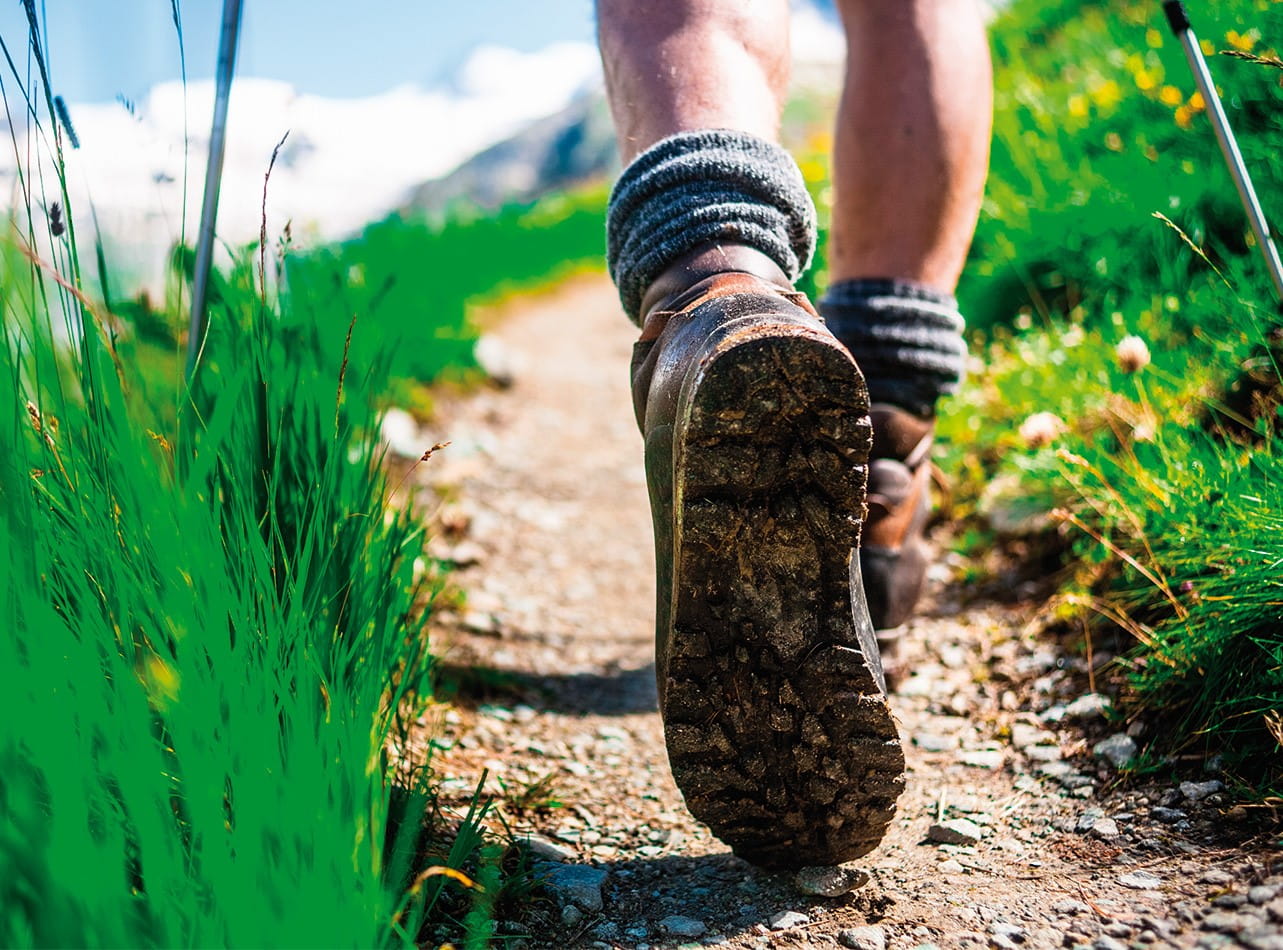
Find out about Saga’s walking holidays here…
Saga’s walking holidays are perfect for exploring Europe’s stunning destinations on foot. They’re suitable for all fitness levels and offer a well-balanced mix of guided walks and relaxation.
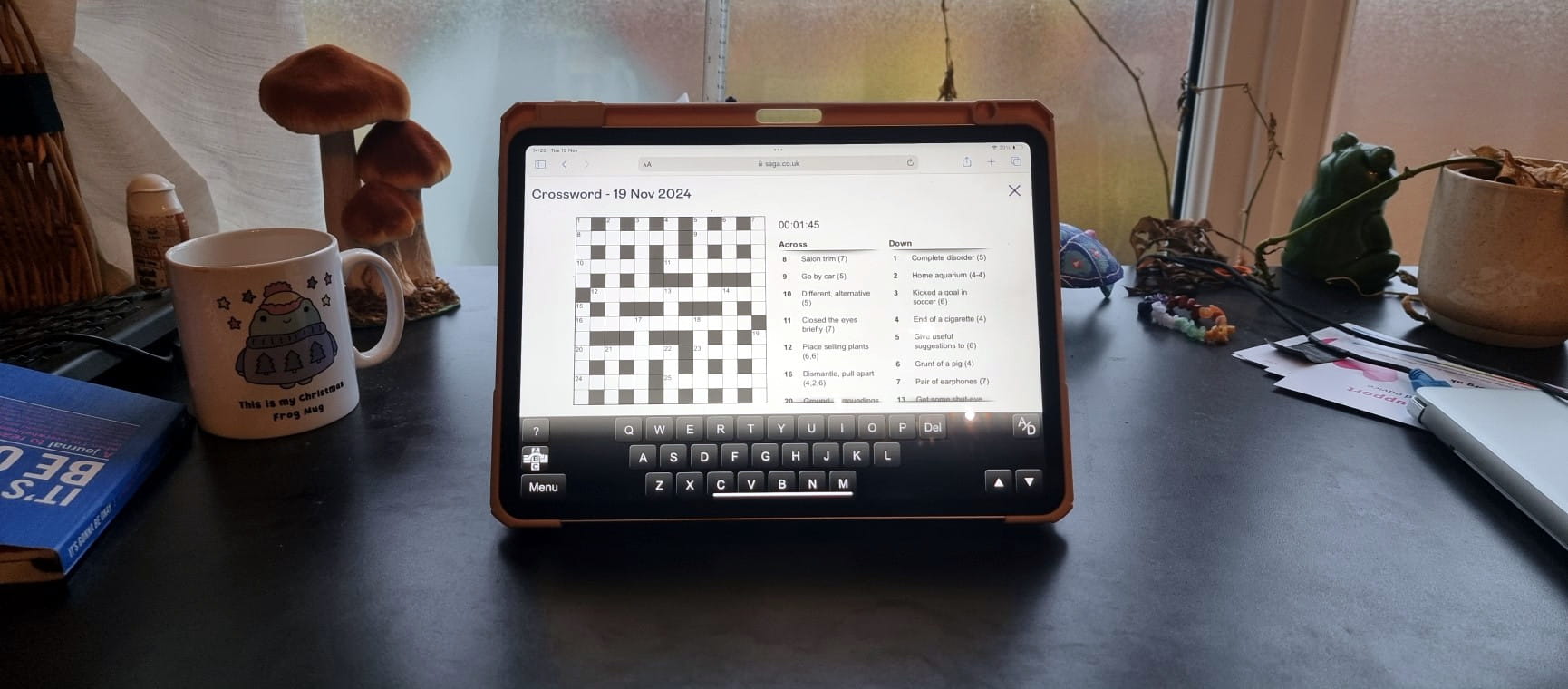
The ultimate guide to Saga Puzzles, full of technical tips, tricks and hints.
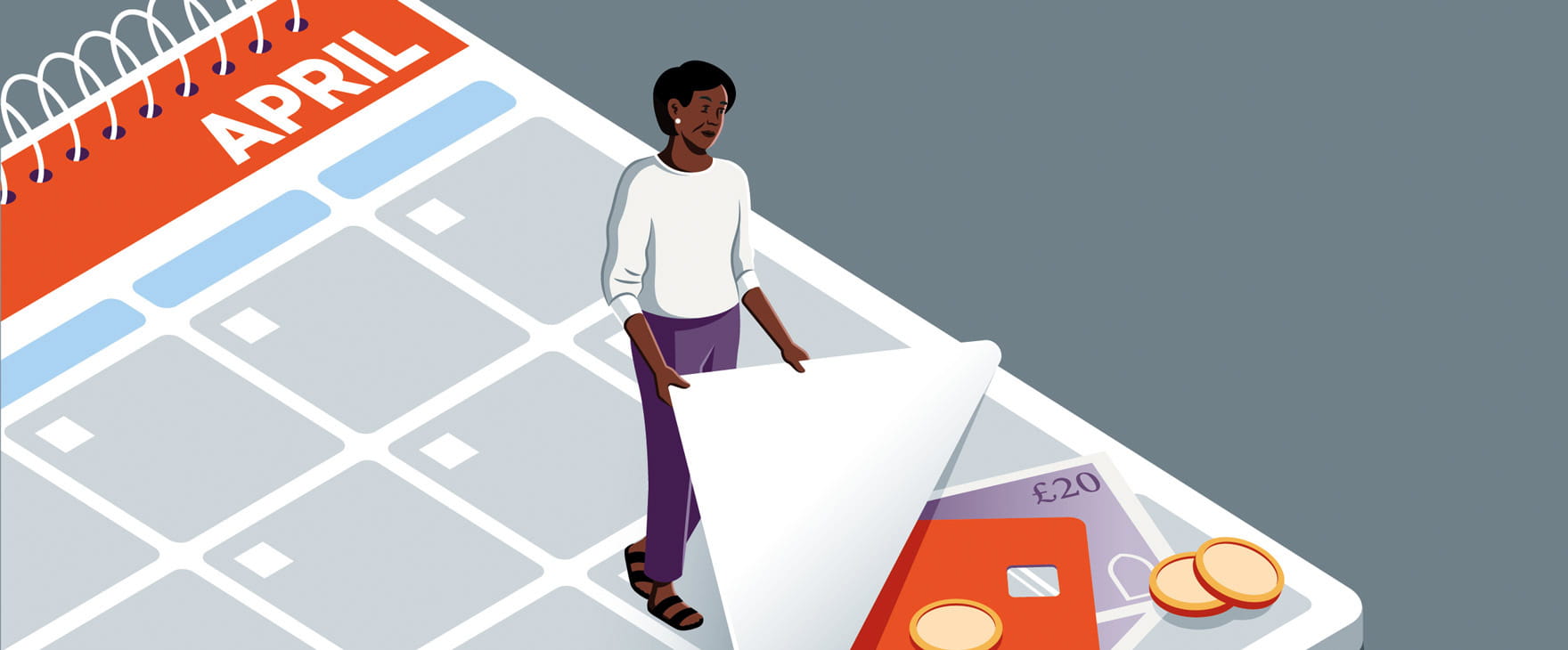
With the start of the new financial year on 6 April, our money expert explains the changes to your pension, benefits and taxes.

